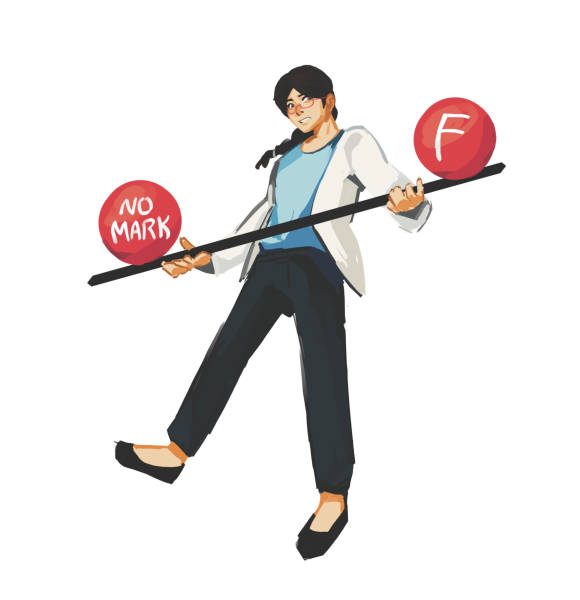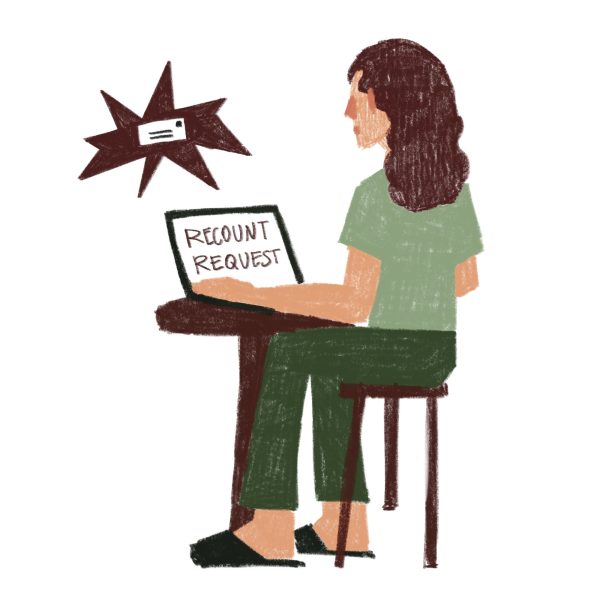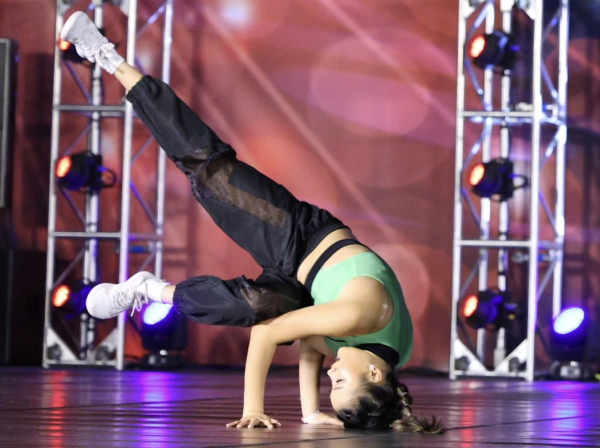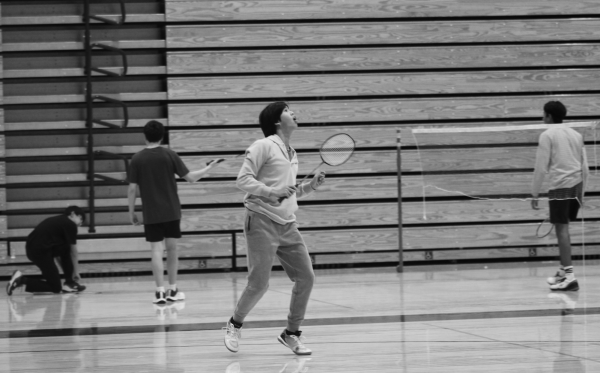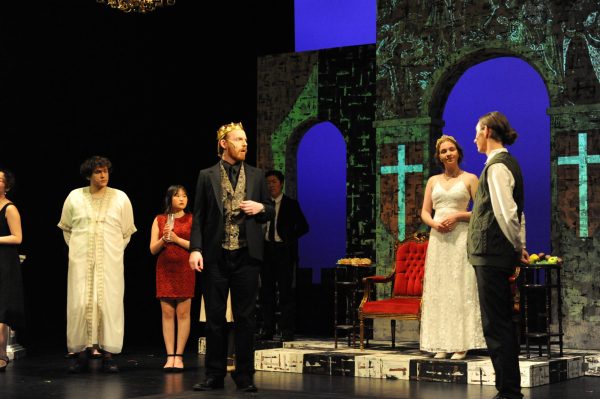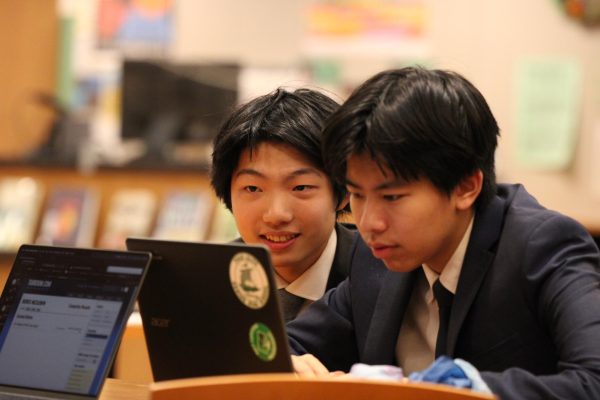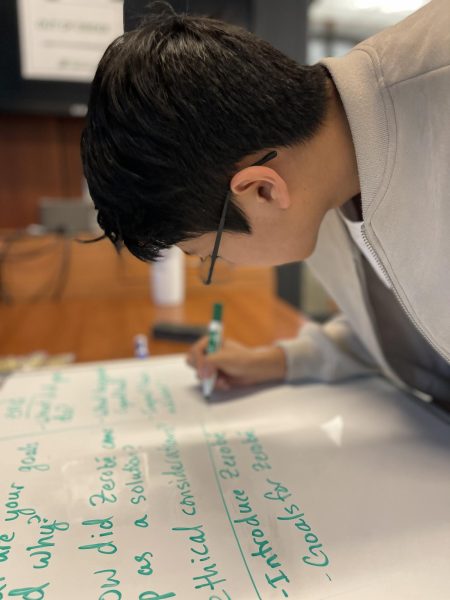Russian anti-gay laws present ethical dilemma in 2014 Winter Olympics
The Sochi Winter Olympics are only three months away, yet many Olympians may face problems they never thought they would have to deal with. Due to Russia’s anti-gay laws, many gay Olympians are facing trouble simply due to their presence in Sochi. Last June, Russian president Vladimir Putin signed an anti-gay law “prohibiting the promotion of nontraditional sexual relationships to minors. It has been interpreted as banning gay pride parades – children might see them – and preventing any discussion of homosexuality among teenagers,” according to the Washington Post.
The International Olympic Committee (IOC), during their final inspection of Sochi before the Feb. 7 Opening Ceremony, concluded that Russia was not violating any Olympic rule. This response infuriated many athletes and spectators, fearing discrimination and possible arrest.
Putin recently stated that the West is “denying moral principles and all traditional identities: national, cultural, religious and even sexual. [The West is] implementing policies that equate large families with same-sex partnerships, belief in God with the belief in Satan,” according to the Washington Post.
Many athletes, such as gold medal Alpine skier Bode Miller, think that an Olympic boycott is in order.
“It’s absolutely embarrassing that there are countries and people who are that intolerant and that ignorant,” Miller told Philly.com. “My main emotion when I hear and deal with situations like that is embarrassment. As a human being, I think it’s embarrassing.”
Many Palo Alto High School students also have strong opinions regarding this issue as well.
“The whole situation is terrible and preposterous,” senior Fionn Ruder said. “How can the Russian people be okay with letting that happen?”
Junior Noah Hashmi voiced similar views to Ruder, stating that all athletes deserve equal chances to compete, regardless of sexual orientation.
“It’s definitely unfair and the law should be abolished to allow everyone equal opportunity in the activities that they enjoy,” Hashmi said.
The opening ceremony for the 2014 Winter Olympics will take place in Sochi, Russia this coming February, and participants and spectators alike may see the affects of the laws.
Your donation will support the student journalists of Palo Alto High School's newspaper


